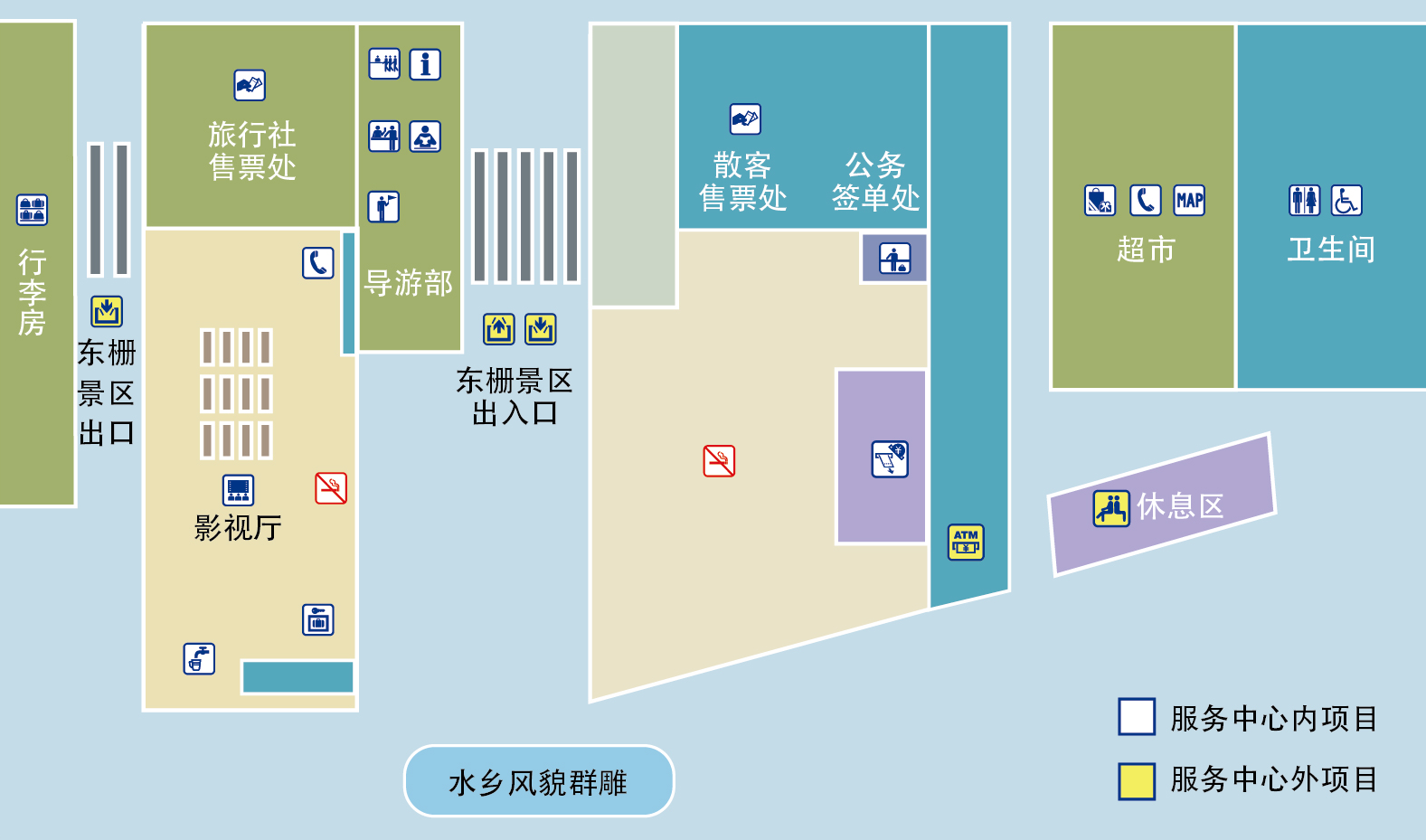

His style name is Yu Zhang, known literally as Pan Gongzhao, Pan Guangzu, Ning Jing, Yang Yiqi, etc. He is a native of Wuzhen, a predecessor and translator in the press and publishing industry.
After graduating from the middle school, Pan Lang worked as an artist in Wu Xing Qicheng Silk Weaving Factory because of poverty, and lived by selling literature. At the age of 18, he admitted to Zhejiang Ordnance Workshop. After the outbreak of the "1.28" Songhu Anti-Japanese War, he vigorously rushed to the front line and was ordered to resign by the military. Initially he was planning to join the anti-Japanese and national salvation group, but later planning to hike north to resist Japan, but he was disappointed and confused because of being blocked.
In the 22nd year of the Republic of China (1933), in the name of "He Jun of Zhejiang", Pan Lang wrote to the column of "Reader Advisor" of Shanghai Shun Pao, exposing the reactionary army, pouring out his heartfelt feelings and asking how to continue the struggle. He was hired by Shun Pao. He was a proofreader at first, and then he was hired as an editor and participated in the drafting of the newspaper's editorials. At that time, the salary was not high and the life was poor. Pan Lang demanded progress and was tireless in learning. After work, he taught himself literature, history, English and Japanese, and studied international current affairs. In the summer of 1924, Xiao Li (Hu Qiaomu) and Zhu Jingzhou introduced him to join the underground organization of the Communist Party of China. In 1925, the Shanghai Professional Salvation Association was established under the leadership of the Communist Party of China, and he was elected as a director. Later, he was appointed as the editor and chief editor of the Pearl River Daily and Hong Kong Daily in Hong Kong.
After the outbreak of Anti-Japanese War, as a war correspondent of Shun Pao, he went deep into Yan'an and the Eighth Route Army's anti-Japanese front line and faithfully reported the Eighth Route Army's heroic anti-Japanese war. During the Anti-Japanese War, he publicized Anti-Japanese War at home and abroad through Pearl River Daily and Shun Pao (Hong Kong Edition). In 1940, he went to Chongqing to edit Guoxun (that is, Salvation Newsletter, run by China Vocational Education Society founded by Huang Yanpei). In 30 years, he returned to Hong Kong and presided over the editing of Guoxun (Hong Kong Edition) and Guangming Daily of China Democratic League.
In the 28th year of the Republic of China (1939), he lost contact with the underground organization of the Communist Party of China because of his marriage to Christian Zhao Shufen. In January 1936, he rejoined the Communist Party of China. At that time, he was the editor-in-chief of Guoxun and Outlook, and the Russian translator of Su Shang’s Times Daily. At that time, progressive newspapers and periodicals in the Kuomintang-ruled areas were closed down one after another, and Outlook was the only propaganda position held by the underground organization of the Communist Party of China in Shanghai. In December, 1937, he was sent to Hong Kong by the Party to work in Sing Tao Daily and China Business Daily.
After the liberation of Guangzhou, he participated in the preparation of Nanfang Daily and served as the editorial board member and editor-in-chief of the editorial office. In 1953, he went to the Korean battlefield. After the Korean armistice, he was transferred to the section chief of the State Council Foreign Cultural Liaison Committee, and later to the post of Commissioner, in charge of foreign propaganda and international cultural research. In October 1963, he was appointed as the deputy director of the second business office by the Foreign Languages Publishing Bureau.
During the "Cultural Revolution", Pan Lang was severely persecuted, physically and mentally devastated, and his family members were also implicated. After smashing the Gang of Four, Mr. Pan Lang and his wife were rehabilitated and resumed their work.
Pan Lang was born in poverty. He was fluent in English, French, Russian and Japanese thanks to self-taught and hard work. He was honest and honest, frank, warm and friendly, conscientious, responsible, and hard-working. He had been engaged in news publishing all his life, and he has compiled and translated a lot of works, but most of them were lost during the Cultural Revolution. His remaining translated works from 1945 to 1962 include: History of Vietnamese National Movement, Taiwan Today, Insider of Southeast Asian Countries and so on, a total of 16 kinds, as well as Modern America, American Political Parties, Travel Notes of India, etc., a total of 11 kinds.
Keyword:

